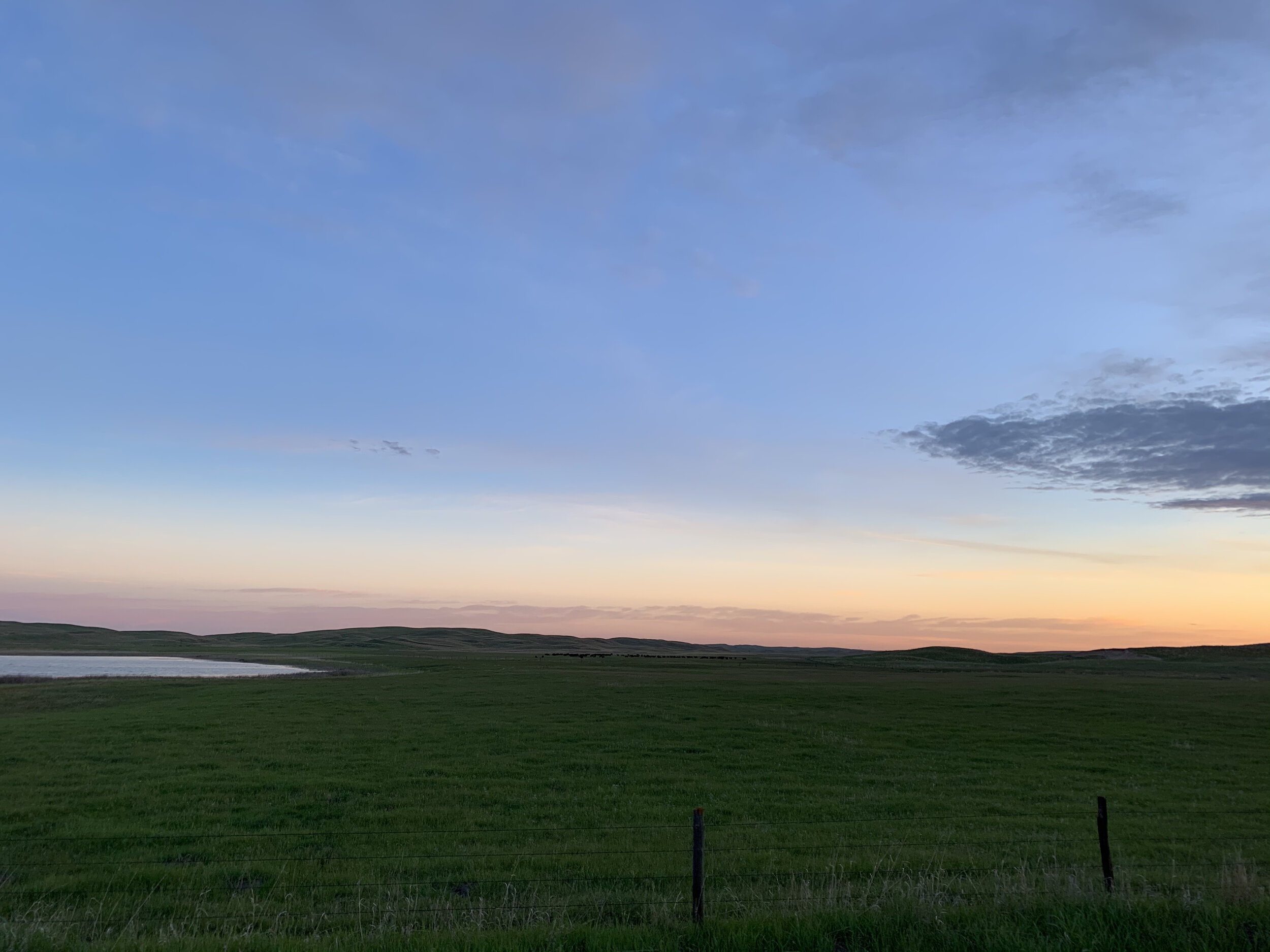The Rural Review
An online journal produced in conjunction with the Rural Reconciliation Project.
The Rural Review publishes digests of important academic contributions, program information, blog-style commentary, and periodic roundups of rural items from across academic disciplines and scholarly media.
Contributions from interested authors are welcome. Find our author guidelines here.
Dunlap et al.: A Dead Sea of Solar Panels
In ‘A Dead Sea of Solar Panels’: Solar Enclosure, Extractavism and the Progressive Degradation of the California Desert, Alexander Dunlap (Global Development Studies, University of Helsinki), Benjamin Sovacool and Bojana Novaković (both Institute for Global Sustainability, Boston University) discuss the spread of solar energy projects in the Mojave desert and the overlooked negative impact both on the environment and the people who live there.
Bryant & Farrell: Conservatism, the Far Right, and the Environment
In Conservatism, the Far Right, and the Environment, Jesse Callahan Bryant and Justin Farrel (both Environment, Yale) review and integrate sociological research with multidisciplinary literature on conservative and far-right environmental thought.
Phillips: The Role of Technology in Maintaining Social Cohesion
In The Role of ICT in Maintaining Social Cohesion: Understanding the Potential of Digital Incentives for Social Networks in Rural Areas, Rita Helena Phillips (Educational Sciences, Alpen Adria University) examines the role of Information and Communication Technologies (ICT) in preserving social and community relationships during the lockdowns of the COVID-19 pandemic.
Ashwood et al.: Empty Fields, Empty Promises
In Empty Fields, Empty Promises: A State-by-State Guide to Understanding and Transforming the Right to Farm, Loka Ashwood (University of Kentucky, Sociology), Aimee Imlay (Mississippi State University, Sociology), Lindsay Kuehn (Farmers Legal Action Group), Allen Franco (Federal Public Defender), and Danielle Diamond (Harvard, Animal Law and Policy) use a mixed method approach to analysis and compare state right-to-farm (RTF) laws in practice.
Walsh et al.: Rural Journalists and Environmental Reporting
In Gleaning Rural Journalism: Rural Journalists' Agricultural and Environmental Reporting Utilizing Community Storytelling Networks, authors Jessica Walsh (University of Nebraska-Lincoln), Mildred F. Perreault, Greg Perreault (both of University of South Florida), and Ruth Moon (Louisiana State University) examine how rural journalists report to their communities about the environment.
Highsmith: Regulating Location Incentives
In Regulating Location Incentives, Brian Highsmith (Harvard Law) develops a historical, economic, and institutional case for using the Federal Trade Commission (FTC) Act to study the market consequences of inefficient incentive megadeals.
Cullmann et al.: The Price of Water Pollution
In External Costs of Water Pollution in the Drinking Water Supply Sector, Astrid Cullmann (Econometrics and Business Statistics, Technical University of Berlin), Julia Rechlitz, Greta Sundermann, and Nicole Wägner (all Energy, Transportation, Environment, German Institute for Economic Research - DIW Berlin) quantitatively analyze the costs of groundwater pollution on the provision of public water supply.
Rosenbloom: Sacrifice Zones
In Sacrifice Zones, author Johnathan D. Rosenbloom (Albany Law School) proposes a new way to address issues present at the intersection of climate change and land zoning laws.
Shoemaker: Re-Placing Property
In Re-Placing Property, Jessica A. Shoemaker (Nebraska Law) explores how property law shapes our attachments to place and considers the consequences of the property system prioritizing the first possessor regardless of an increasing disconnect between place-based relationships. Shoemaker focuses on understanding the historical impact of property systems and the continuous reshaping of property ownership while proposing ways to promote more equitable relationships to property that focus on personal relationships to land.









